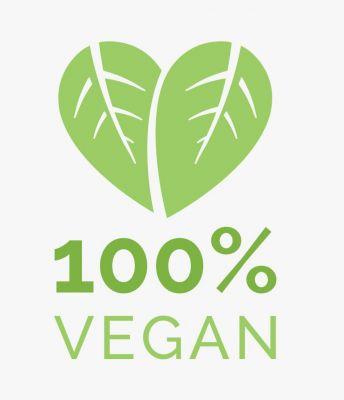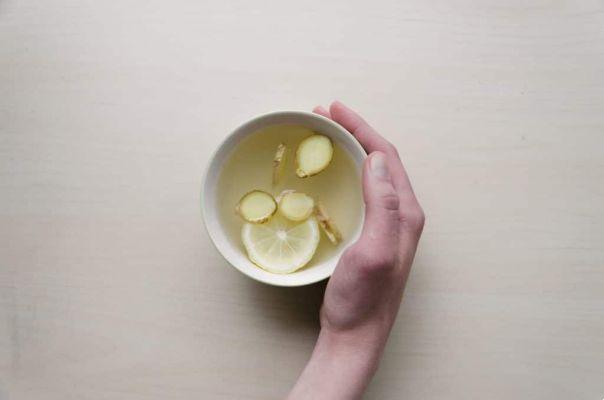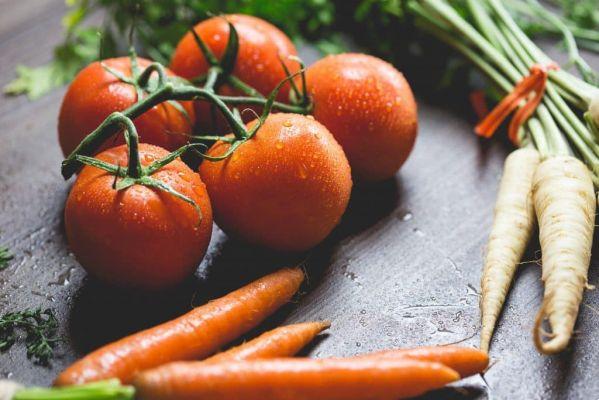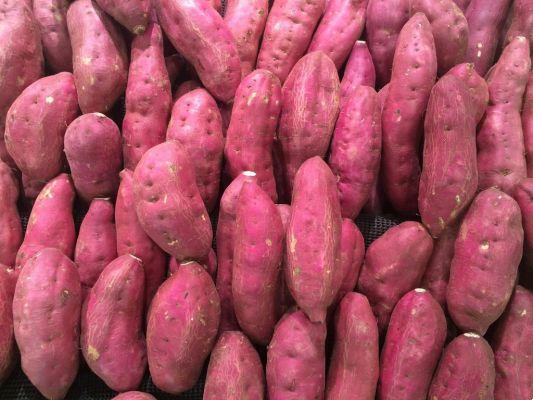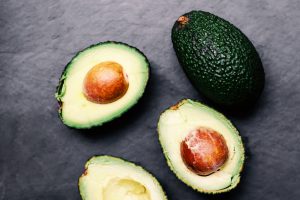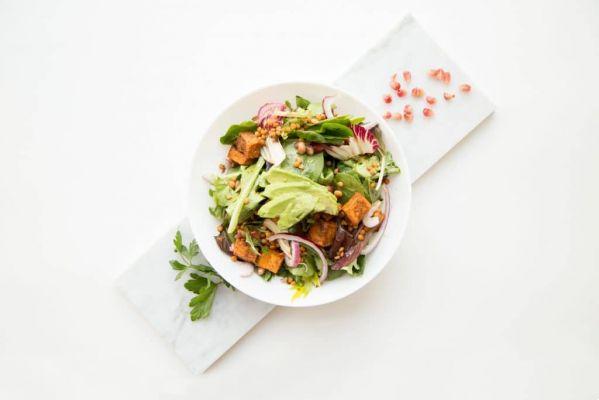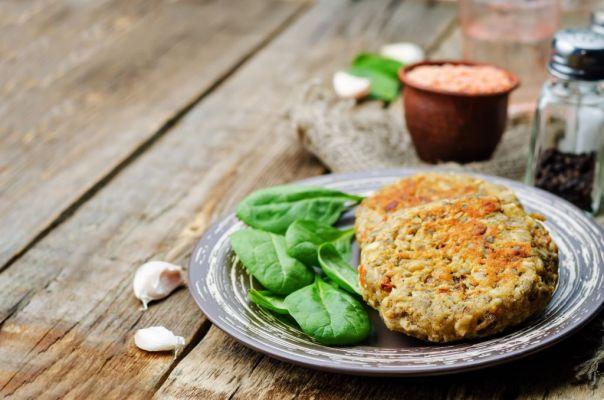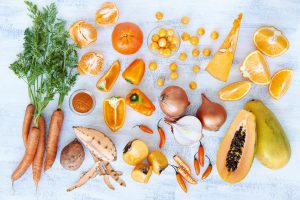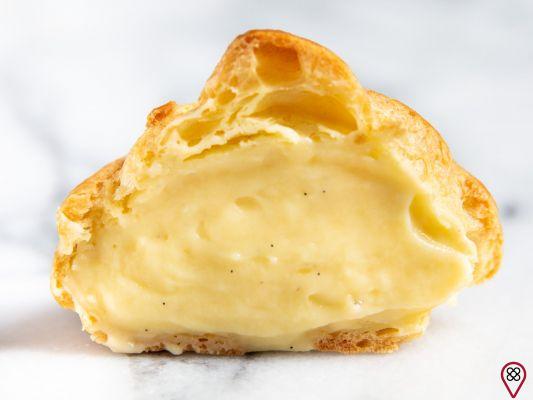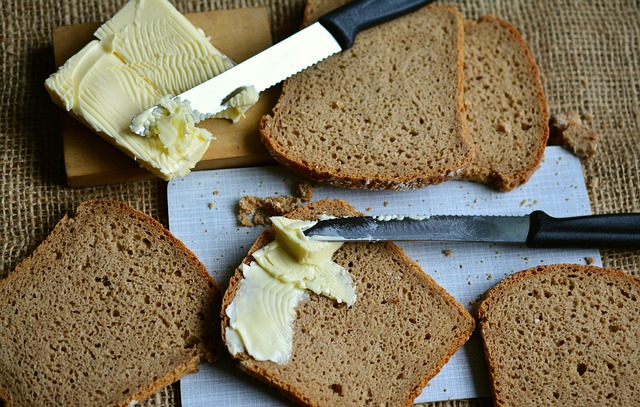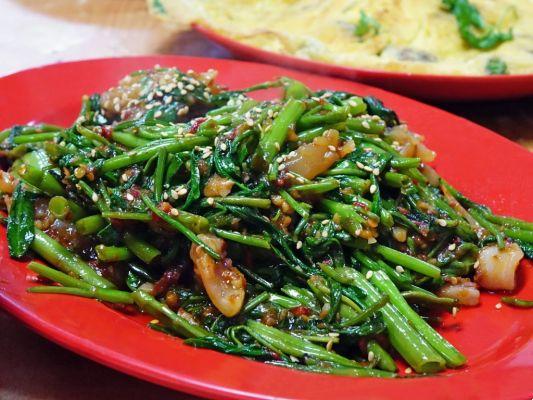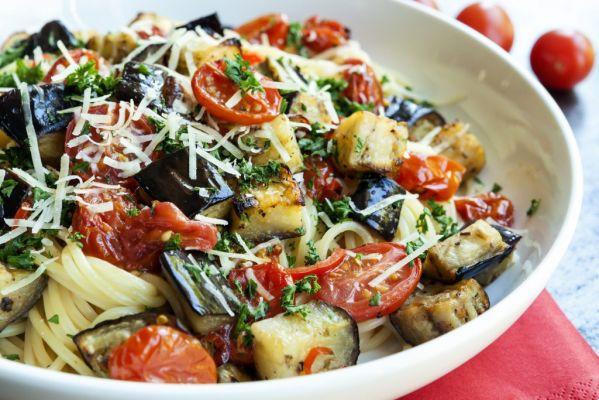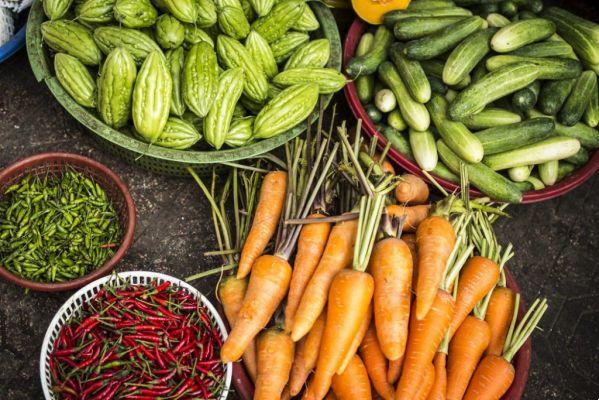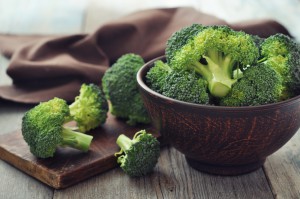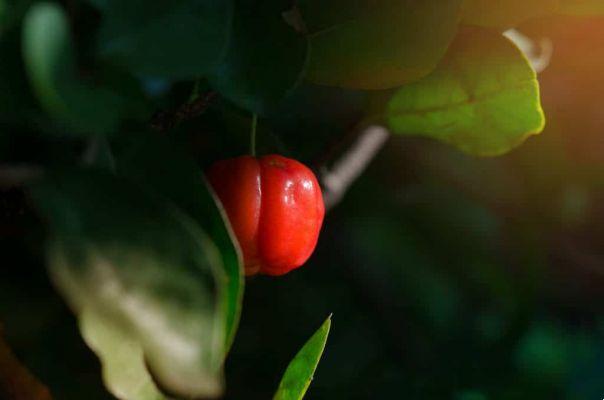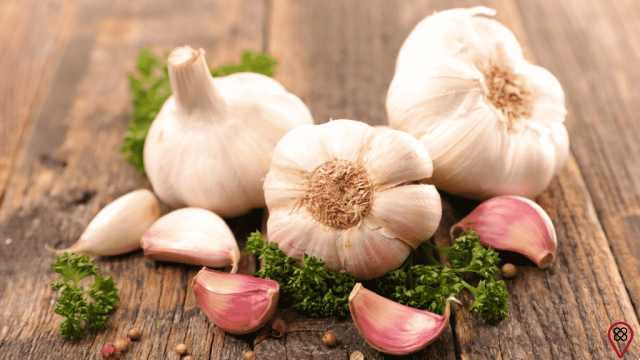How important do you give to food? How do you deal with waste? Why do so many people waste food and why is it not important in our society? Concerned with the way food is seen, or rather not seen, Dani Leite, a good researcher, founded the manifesto: “Invisible Food”. To learn more about the manifesto read the interview:
Me Without Borders: What is the invisible food manifesto?
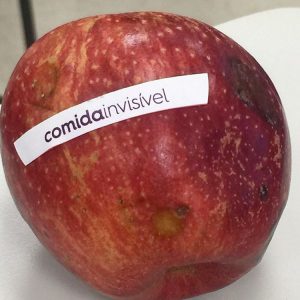 Invisible Food: The Invisible Food recovers the food you don't see, the safe food that gets tossed in the trash every day. We fight the waste of food produced, guaranteeing them the correct destination of food that is still fit for consumption that has lost its commercial value, existing in warehouses (CEAGESP, CEASAS), supermarkets, street markets and food industries.
Invisible Food: The Invisible Food recovers the food you don't see, the safe food that gets tossed in the trash every day. We fight the waste of food produced, guaranteeing them the correct destination of food that is still fit for consumption that has lost its commercial value, existing in warehouses (CEAGESP, CEASAS), supermarkets, street markets and food industries.
Education is one of the pillars of the project and we foster awareness through the tools and digital channels of FOOD INVISIBLE (Facebook, Instagram – @comidainvisivel – and website: Comida Invisível), taking everyone a new look at food consumption and waste. . In a didactic, light and fun way, we inform people about waste data in Spain and in the world, presenting simple ways and guiding them to change small habits and interesting experiences. We also present inspiring examples, nutritional information about foods, ways to fully utilize them, colors, textures and interesting people engaged in the cause.

Me without Borders: When and why did it appear?
Invisible Food: It all started last year, on a February afternoon when I took my son, Pedro, to visit CEAGESP. As we walked through the pavilions, we came across perfect fruit lying on the ground or in dumpsters and dirt everywhere.
As I passed those trucks and warehouses, I realized how much waste there is in this path of food from the field to our table. How many people could be fed with the fruits and vegetables left on the ground? A country with such social inequality could not live with this waste! I needed to do something to minimize this chasm.
After a few days of researching on the subject, I got in touch with CEAGESP, got to know Banco Ceagesp de Alimentos (BCA) and started to attend it to study the problem. The project started at CEAGESP and expanded on other fronts, with the objective of taking out of the garbage what is not garbage, good food, suitable for consumption that, due to lack of awareness and information, is wasted every day.
Flávia Vendramin and Sérgio Ignacio were also touched and embraced this cause with me. Today, we are a team and we have the support of several people who seek to raise awareness of this issue.
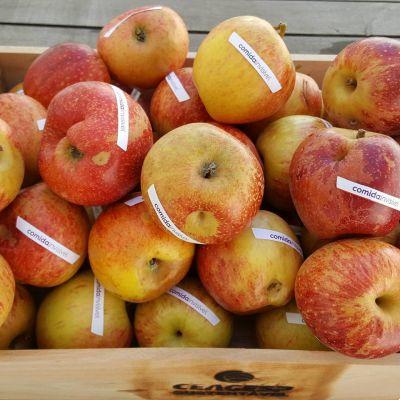
Me without Borders: You are a group of people behind the manifesto. Did they already know each other?
Invisible Food: In addition to me, Sérgio and Flávia, we have several ambassadors who joined the cause and help us a lot to move forward, who embraced this cause with us and donate their time, work and care for the cause. We also have several partners who help us to follow through, supporting us in the actions we take. Our eternal gratitude to all of them!
Eu sem Fronteiras: What actions were taken?
Invisible Food:
- Drafting of Bill 581/15, in progress at the São Paulo City Council, approved in the first vote by all the committees gathered and currently has 95% popular approval;
- Participation in lectures in companies, educational institutions, cultural institutions and events (sustainable turn, zen turn);
- Itinerant kitchen in the city of São Paulo (food truck) to raise awareness and taste recipes produced from foods that have lost their commercial value, but are still fit for consumption, donated by Banco Ceagesp de Alimentos;
- Content development for Comida Invisível's social networks, with the participation and engagement of opinion leaders (such as: Marcelo Rosenbaum, Bela Gil, Alexandra Loras, Fábio Nunes, etc.);
- Creation of projects for internal teams and the community, aimed at companies within the precepts of Invisible Food;
- Training of restaurant teams;
- Preparation of quantitative research in partnership with Sax Metrics to obtain consumer perception and understanding of waste;
- Collaboration in the construction of the Food Justice and Citizenship Guide – Elections 2016 carried out by Instituto Reaja.
Me without Borders: Why is it so difficult for people to become aware of food waste?
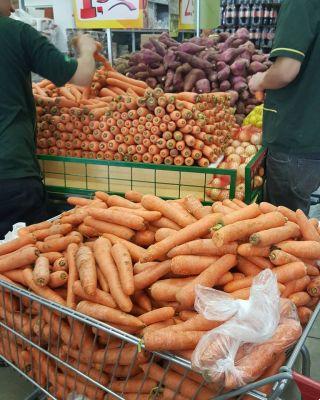 Invisible Food: We believe that awareness, information and change of small habits have an enormous power of transformation. For us, the root of waste lies in the fact that we have lost connection with nature. We become controllers and not part of it and that changes our life reference. We see ourselves as dominating, controlling and brutalizing!
Invisible Food: We believe that awareness, information and change of small habits have an enormous power of transformation. For us, the root of waste lies in the fact that we have lost connection with nature. We become controllers and not part of it and that changes our life reference. We see ourselves as dominating, controlling and brutalizing!
A food came to have the same importance as a car, a brick or a cell phone and became a commodity. And, becoming so, it lost its greatest value, the sacred, that which nourishes us and gives life. Only a reconnection with this sacred, which makes us go back in time, understand our ancestors and understand their real importance and the way in which we relate to food will help us to solve the problem.
Eu sem Fronteiras: Do you also believe that the government has an important role in this stage?
Invisible Food: Undoubtedly! The action of the public power, both in terms of awareness and effective actions in the fight against waste, is essential. Recently, we were invited by Instituto Reaja to present proposals for the Guia Justiça Alimentar e Cidadania – Eleções 2016, distributed free of charge to the population and candidates for councilor.
Me without Borders: How can people waste less food at home?
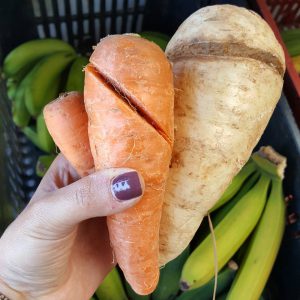 Invisible Food: With awareness, if we look at our consumption attitudes, start to better observe what we discard and realize that we can fully reuse food, we can change our habits. But, this only happens from the moment we realize how sacred is the food that nourishes us and gives life.
Invisible Food: With awareness, if we look at our consumption attitudes, start to better observe what we discard and realize that we can fully reuse food, we can change our habits. But, this only happens from the moment we realize how sacred is the food that nourishes us and gives life.
Me without Borders: What do you think you can no longer accept today in relation to all this waste of food?
Invisible Food: We believe that we need to wake up and realize that this is a problem for the whole world, but it is also a problem for everyone, that is, it is my problem, yours, the restaurant owner's problem, the farmer's problem, etc. We need to look inside ourselves and reflect on this dichotomy of right/wrong, proper/inappropriate, beautiful/ugly… Society imposes certain standards on us, but are they the best? The correct ones? Do they make sense? We believe that only in an internal search for these answers will there be a real transformation. And, we seek to bring these points to reflection.
Me without Borders: Feel free to write something:
Invisible Food: OUR MANIFEST:
“There is a lot of abundance in this land: papaya, pineapple, jabuticaba, melon, fig, pomegranate, soursop, tomato, potato, carrot, cucumber.
Many vines that give grapes, two, three times a year.
When one ends, others soon begin.
Abundance revealed in colors, textures, perfumes and aromas.
As we are used to them, we often do not realize the diversity of our land.
In production, fruits that fall to the ground.
In transport, grains are blown in the wind.
At the market, vegetables that rot.
In the fridge, spoiled, goes to the trash.
And so, what was beautiful, real, gives space to the invisible.
Mixing aromas, the sweet scent of fresh fruit is transformed into the sour smell of garbage.
We want to rescue respect for production, stop waste and see the emergence of creative awareness, which nourishes and gives life.
We want good food, food that you can see and feel.
We want a world that does not go hungry and is proud to sow and reap.
We want mouths fed.
Let's rescue the simple and the beautiful, the lost aromas! ”.
Images: Disclosure
Interview conducted by Angélica Weise from the Eu Sem Fronteiras Team.



